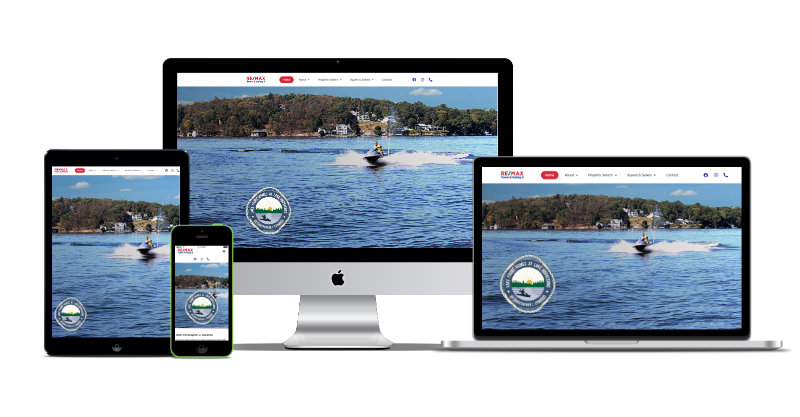In today’s digital landscape, having a website is just the beginning. If you want to drive meaningful traffic and convert visitors into customers, optimizing your website for search engines (SEO) is crucial. Effective SEO ensures that your website is visible to people searching for products or services like yours, ultimately boosting your web traffic.
In this article, we’ll cover key strategies to optimize your web traffic using SEO, helping you rank higher on search engine results pages (SERPs) and attract more qualified visitors.
What is SEO?
SEO, or Search Engine Optimization, is the process of improving your website to increase its visibility on search engines like Google. The higher your website ranks in SERPs, the more likely users are to click through to your site.
SEO involves various techniques aimed at improving different elements of your site—such as content, design, and structure—so search engines can crawl and index it more effectively. These techniques can be broken down into on-page SEO, off-page SEO, and technical SEO.
Key Strategies for Optimizing Your Web Traffic with SEO
1. Keyword Research and Optimization
Effective SEO begins with thorough keyword research. Keywords are the phrases and terms that people type into search engines to find information. By understanding what your target audience is searching for, you can create content that meets their needs and aligns with their search intent.
- Use Tools for Research: Tools like Google Keyword Planner, SEMrush, and Ahrefs can help you discover the most relevant keywords in your niche.
- Long-Tail Keywords: Focus on long-tail keywords—phrases that are more specific and have lower competition. These often lead to higher conversion rates because they target users who are further along in the buying process.
- On-Page Optimization: Incorporate your target keywords naturally into your page titles, headers, meta descriptions, and body content. Avoid keyword stuffing, as it can hurt your rankings.
2. High-Quality, Relevant Content
Content is the backbone of SEO. Search engines like Google prioritize websites that offer valuable, relevant, and engaging content. The more helpful your content is to users, the better your chances of ranking higher.
- Solve Problems: Create content that addresses your audience’s pain points or questions. Blog posts, guides, how-tos, and case studies can be great for this.
- Content Length: Longer, more comprehensive content tends to perform better in search rankings. Aim for in-depth articles (1,500+ words) that thoroughly cover a topic.
- Update Regularly: Regularly updating your content ensures that it remains relevant and accurate, which can help improve your rankings over time.
3. Technical SEO
Technical SEO focuses on improving the backend of your website to help search engines crawl and index it more effectively. It’s an essential component that ensures your site runs smoothly and loads quickly.
- Website Speed: Page speed is a ranking factor in Google’s algorithm. Use tools like Google PageSpeed Insights to monitor and optimize your site’s loading times.
- Mobile Optimization: Ensure your website is mobile-friendly. With over 60% of searches happening on mobile devices, Google prioritizes mobile-optimized websites.
- Structured Data Markup: Use schema markup to help search engines understand the content of your pages. This can enhance your appearance in SERPs with rich snippets, leading to higher click-through rates.
4. Link Building
Off-page SEO strategies, such as link building, are essential for increasing your website’s authority. When other reputable websites link back to your content, search engines see this as a signal of credibility and relevance.
- Guest Blogging: Writing guest posts for industry-related blogs can help you build backlinks while also reaching a new audience.
- Create Shareable Content: Infographics, original research, and engaging blog posts are more likely to be shared by other sites.
- Internal Linking: Don’t forget to link between pages on your own site. This helps distribute “link juice” and allows search engines to find and index your content more easily.




















